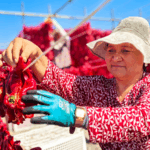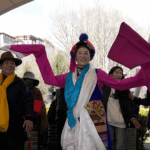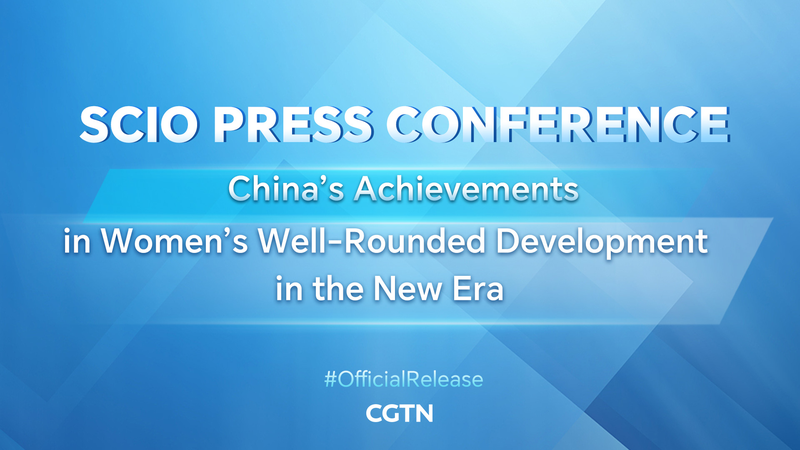China's State Council Information Office released a white paper on Friday detailing comprehensive advancements in human rights and socio-economic development within Xizang Autonomous Region. The report highlights measurable improvements across livelihoods, ethnic integration, and institutional protections since 1959.
Economic Growth and Social Equity
According to the document, Xizang's GDP grew by an average of 9% annually over the past decade, coupled with a 98% enrollment rate in compulsory education. Infrastructure projects have connected all counties with paved roads and broadband networks, while healthcare coverage now reaches 100% of residents.
Cultural Preservation and Ethnic Unity
The white paper emphasizes strengthened protections for Tibetan cultural traditions, with 1,800 religious sites maintained and 46 intangible cultural heritage items officially recognized. Bilingual education programs operate in 94% of schools, supporting the use of both Tibetan and Mandarin languages.
Policy Framework and Future Goals
Officials credit the Communist Party of China's governance system for establishing legal safeguards against discrimination and poverty. Current initiatives focus on sustainable tourism development and cross-province industrial partnerships to maintain growth momentum.
Reference(s):
cgtn.com








